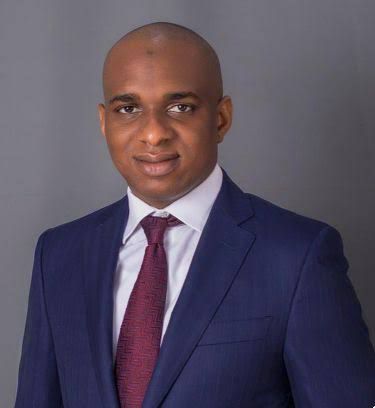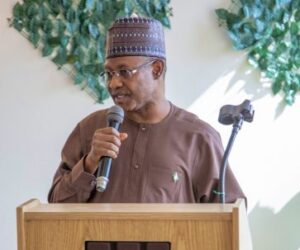The legal team of Adamawa-born entrepreneur and investor, Abdullahi Bashir Haske, has faulted the Economic and Financial Crimes Commission (EFCC) for declaring him wanted over alleged criminal conspiracy and money laundering.
In a statement signed by his lead counsel, Nkemakolam Okoro, the lawyers described the commission’s action as “a blatant act of illegality and abuse of process,” arguing that there is already a pending motion before the Federal High Court, Abuja, challenging the validity of the arrest warrant earlier obtained by the EFCC.
“The decision by the EFCC to declare Mr. Bashir Abdullahi Haske wanted is a blatant act of illegality and an abuse of process, especially in light of a pending motion before the Federal High Court, Abuja, challenging the validity of the warrant of arrest,” the statement read in part.
SPONSOR AD
Okoro noted that court filings show Haske has demonstrated willingness to cooperate with the EFCC, pointing out that he honoured the commission’s invitation in July and submitted medical records following health complications during detention.
He faulted the commission for seeking and obtaining an arrest warrant before Haske’s agreed return date, stressing that a motion has been filed to vacate and set aside the order, which they argued was obtained “by misrepresentation and suppression of material facts.”
“The order issued on August 8 was specifically for his arrest, not for him to be declared wanted. It is trite law that where a court order is obtained by deceit or suppression of facts, the court has the inherent jurisdiction to set it aside ex debito justitiae,” Okoro said.
The EFCC, however, in a statement signed by its spokesperson, Dele Oyewale, maintained that Haske is wanted in connection with the allegations.
“The public is hereby notified that Abdullahi Bashir Haske, whose photograph appears above, is wanted by the Economic and Financial Crimes Commission (EFCC) in an alleged case of criminal conspiracy and money laundering. Anyone with information on his whereabouts should contact the nearest police station or any EFCC office nationwide,” the statement read.








